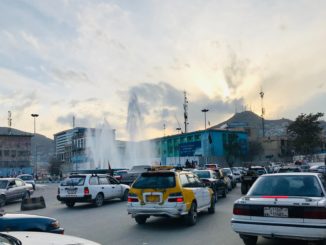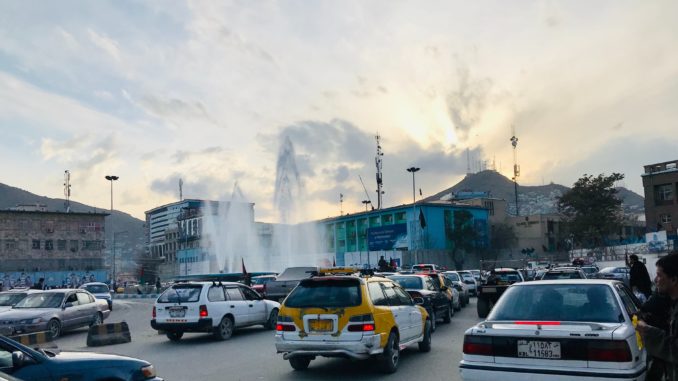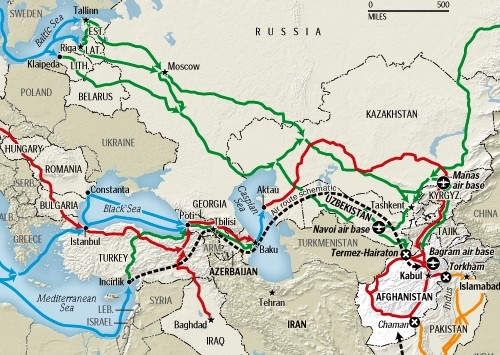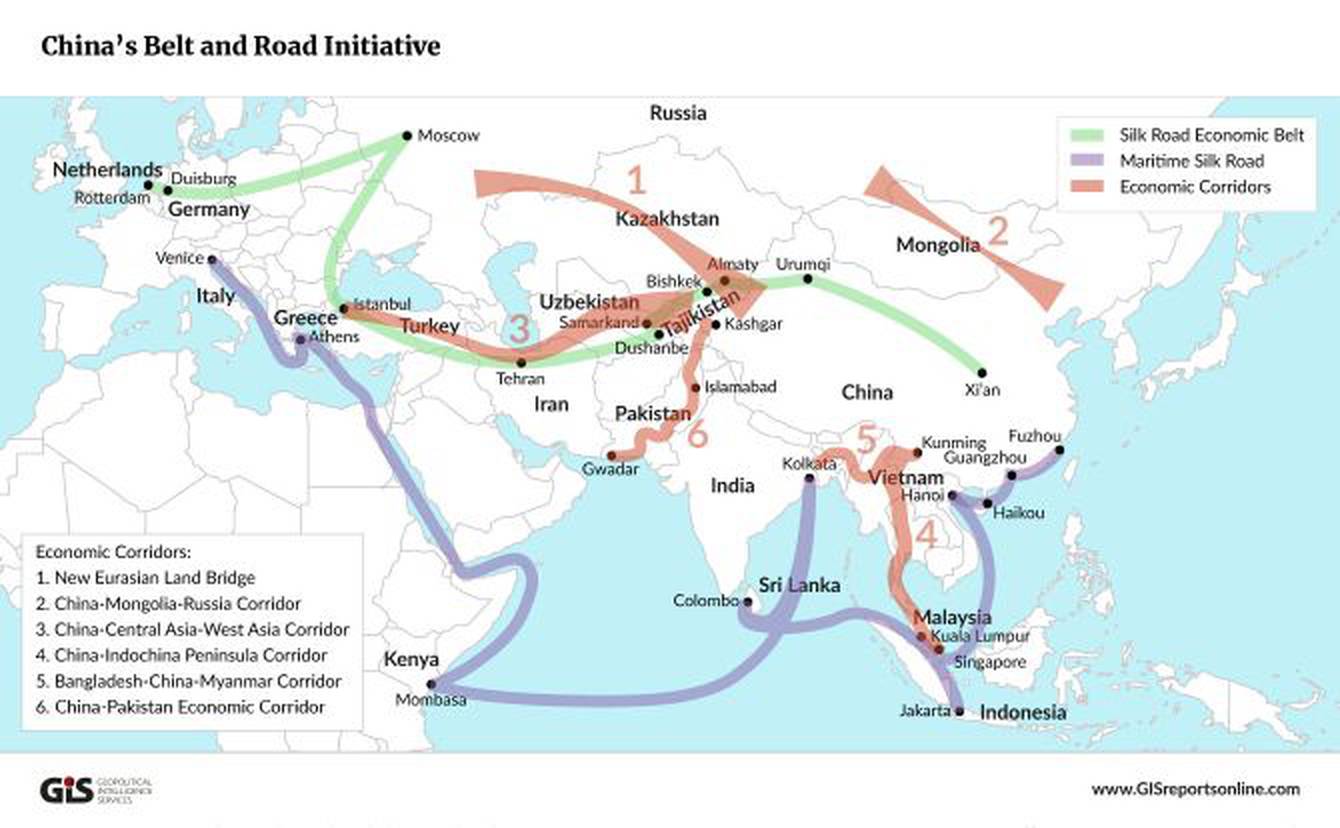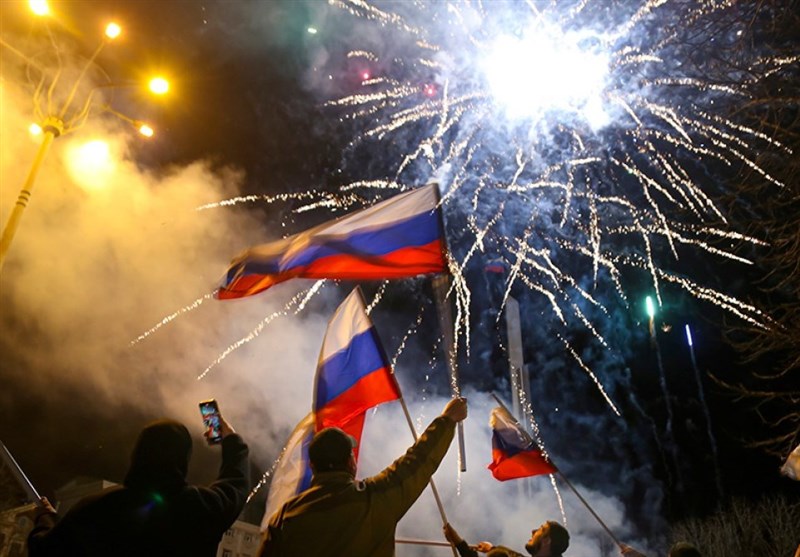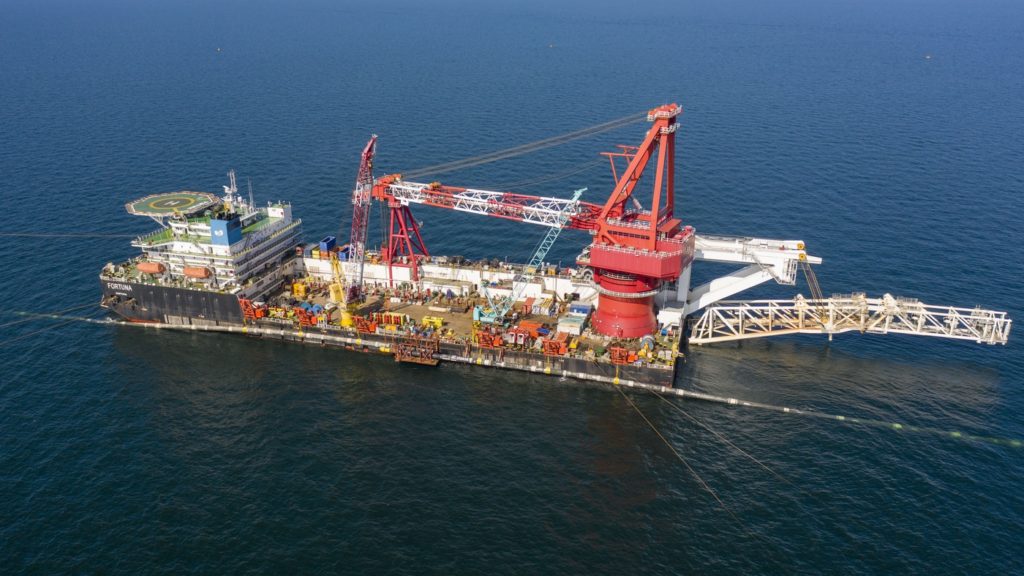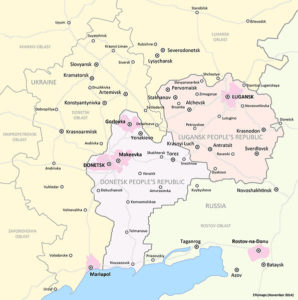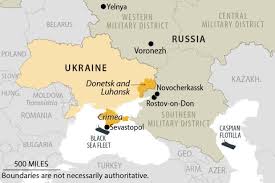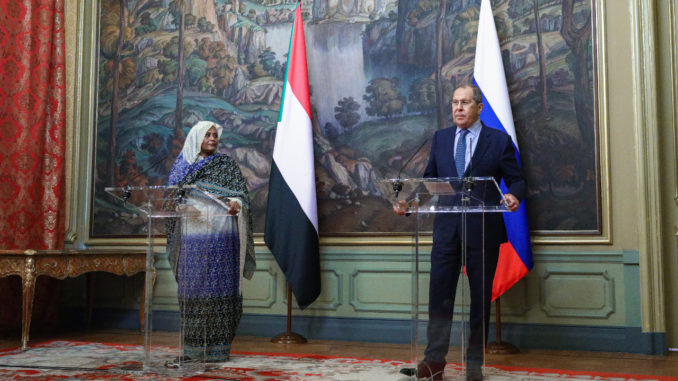
Editor’s Note: The following is the writer’s analysis of Russia-Sudan relations.
Russia’s ambitious plans to establish a naval base in Sudan could soon be thwarted. The northeast African country is reportedly trying to “blackmail” Moscow by demanding a review of a deal allowing construction of a Russian naval facility on Sudan’s Red Sea coast.
In November 2020, the Kremlin announced plans to build a seaport technical facility in the city of Port Sudan, guaranteeing Russia’s first substantial military foothold in Africa since the former Soviet Union was dismantled. The two countries reached a deal that would allow Russia’s navy a 25-year lease in Port Sudan, housing up to four ships and 300 soldiers, in exchange for weapons and military equipment for the northeast African country.
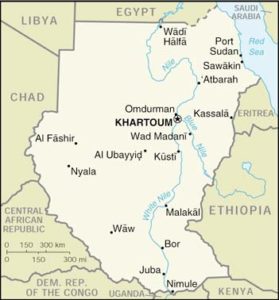
But now, a Russian state news agency, RIA Novosti, reports Sudan wants to re-negotiate the deal. One Russian publication went so far as to call it “blackmail.” In exchange for providing the land for a naval base to Russia, Khartoum reportedly has asked Moscow to arrange payments to the country’s central bank during the first five years of the lease, with the option of extending the deal to 25 years.
The Kremlin has not yet responded to the proposal, although Russian Deputy Foreign Minister Mikhail Bogdanov said the two countries’ militaries continue negotiations on the creation of a naval logistics base for Russian warships in the Red Sea. Sudan’s officials, on the other hand, strongly deny their country has been trying to “blackmail” Moscow.
“It is not true. This news is not true. This is groundless news. The Sudanese side is not asking for any payments in connection with the military base agreement,” said Onur Ahmad Onur, charge d’affaires of Sudan’s embassy in Moscow.
Whether or not Sudan really asked Russia for financial compensation, the Kremlin’s struggle to improve its positions in northeast Africa is unlikely to be an easy one. Back in June, it became obvious Russia could face many obstacles in its attempts to establish a material-technical support facility in the strategically important region located between the Gulf of Aden in the south and the Suez Canal in the north. Such a facility could provide material support in the form of ships and soldiers and technical support in the form of command, control, communication, computer and intelligence operations.
On June 1, Sudanese Armed Forces Chief of Staff Muhammad Usman al-Hussein announced the revision of the agreement. About three weeks later, the Sudanese Minister of Defense Yasin Ibrahim Yasin traveled to Moscow to discuss Russian-Sudanese military cooperation with his Russian counterpart, Sergey Shoigu.
In an interview with Russian state-owned news agency RIA Novosti, Al-Mahdi openly stressed Sudan needs Russia’s help regarding the country’s dispute with neighboring Ethiopia, which is building the Grand Ethiopian Renaissance Dam (GERD)—a hydroelectric-power gravity dam on the Blue Nile River.
“Thanks to its good relations with Ethiopia, Russia can try to convince the Ethiopian side to listen to the voice of reason and come to an agreement that will not do harm to Sudan, as was the case when the dam was first filled,” Al-Mahdi said.
Khartoum fears Ethiopia’s apparent determination to fill the GERD would “threaten the lives of half the population in central Sudan.” In addition, the two countries have a decades-old border dispute, and some analysts claim Sudan and Ethiopia are on the verge of a wide-scale confrontation. It is worth noting Russia and Ethiopia signed a military cooperation agreement in July, and Kremlin officials claim the deal “does not have any destabilizing character.” However, Sudan recently seized Russian-made weapons—72 boxes of arms and night-vision binoculars—that were reportedly smuggled to Khartoum from Ethiopia. This was seen as an “attempt to destabilize the country.” It is entirely possible Russia is trying to balance between the two regional rivals, although Moscow could attempt to indirectly pressure Sudan to give the green light for the establishment of the Russian naval base in the Red Sea.
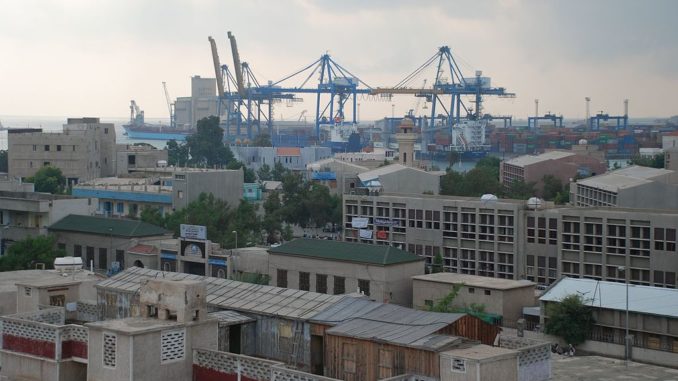
At this point, it remains uncertain if the Sudanese parliament will ratify the agreement on the Russian base in Port Sudan. Some Russian experts think the construction of a Russian military facility on the Red Sea is unlikely.
“Russia is not going to pay Sudan to host a base in Port Sudan,” said Dmitry Zakharov, head of the Eurasian Institute of Youth Initiatives. “Due to the unthinkable corruption in the African country, the Russian government has no desire to invest in such a project.”
Unlike the Kremlin, the United States seems willing to provide limited financial assistance to Sudan. On August 29, Sudan’s Ministry of Finance and the U.S. Agency for International Development (USAID) signed an agreement for a $5.5 million development grant to support “democratic transition” and to promote economic growth. This is part of a total estimated amount of $200 million to be granted by 2024.
Overall, it is Russia, rather than Sudan, that seeks to strengthen its geopolitical positions in the strategically important region. Thus, the coming days and weeks will show if Russia will adopt a more proactive approach regarding this sensitive issue. One thing is for sure: The naval base on the Red Sea would be just the first step in Russia’s ambitions plans to return to Africa, a region that has ceased to be in Moscow’s geopolitical orbit in the post-Soviet years.
Nikola Mikovic is a Serbia-based contributor to CGTN, Global Comment, Byline Times, Informed Comment, and World Geostrategic Insights, among other publications. He is a geopolitical analyst for KJ Reports and Global Wonks.


